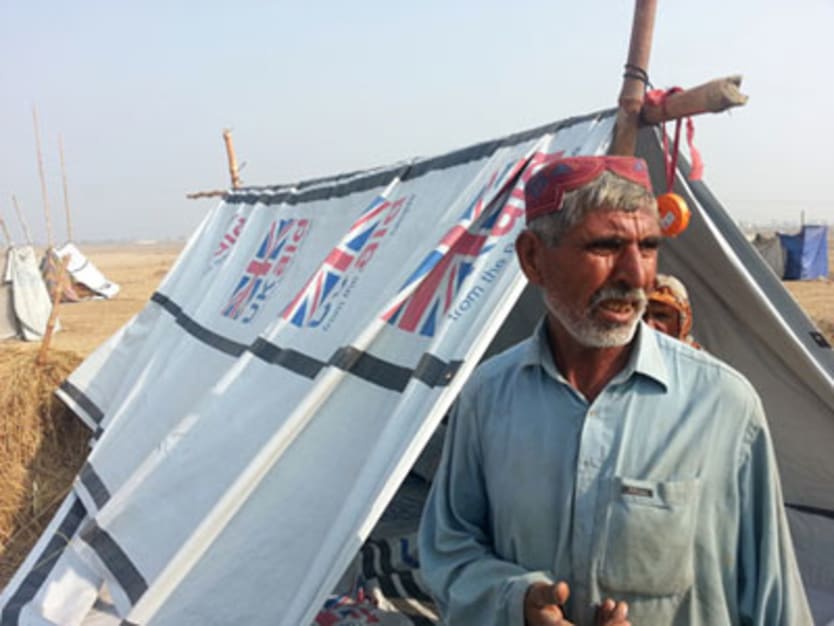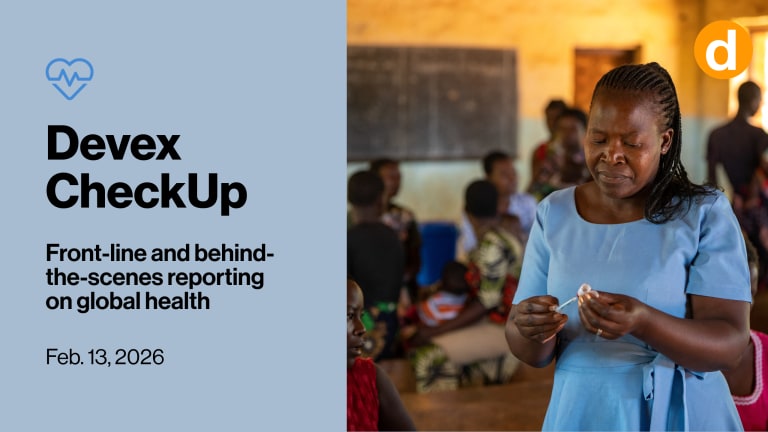
EDITOR’S NOTE: Is it possible to achieve policy change using foreign aid? Overseas Development Institute’s Andrew Rogerson asks in this blog post.
“We cannot expect the people in the UK to pay taxes to improve education and health in Pakistan if the Pakistan elite is not paying income tax.”
Nobody can accuse the International Development Committee of sitting on the fence yesterday. Its report on Pakistan goes to the heart of a burning question. Why, exactly, should the UK government give taxpayer-funded aid to relatively well-off countries? It’s a question that leaves many people feeling conflicted – not surprising, as there is no straightforward answer.
For some, the answer “alleviating extreme poverty” may be enough. For others, the case for picking up a tab that belongs to another government is less compelling. However, in cases where aid represents only a meagre share of the recipient country’s GDP, there are four possible arguments for its continuation:
Second-best humanitarianism (national elites are able but unwilling to help, so external assistance is needed).
Social engineering (external engagement can promote policy change in the country receiving support).
Know-how transfer (countries are willing to make changes but lack the capacity or technology do so).
Catalytic effects (relatively small amounts of official development assistance can leverage larger private resources).
The IDC report appears to support the second of these rationales: “any increase in the UK’s ODA … must be conditional on Pakistan increasing its tax collection and widening the tax base.” It calls for policy change in return for foreign aid.
Few outsiders understand the intricacies of Pakistani politics. Even fewer can assess conclusively whether or not UK aid to the country is diverted to political ends. I, for one, can’t claim ownership of that particular crystal ball. So what can outsiders, like myself, contribute to this debate?
Let’s assume for a minute (as some evidence to the IDC inquiry on Pakistan suggested) that a ruling elite has the means, such as sufficient taxable income, to address extreme poverty. Yet it does not have the apparent will to do so. What can any foreign government do about this state of affairs, without falling into the trap of simply substituting foreign aid for local effort? This requires a judgement on the wider evidence of what has actually worked and on the theory of what might work.
The answer must surely lie in “changing hearts and minds,” through patient engagement, dialogue and demonstration. It means working with those who have the most to gain from improvements in governance and public spending. The theory is that, in this way, local communities will demand more of their governments and the latter will, eventually, change their priorities. But will this work in practice?
There are at least two problems with the argument. First, the standard of proof (to oversight bodies like the IDC) that domestic policies do, in fact, improve as a result of aid tied to governance conditions must be rigorous. Is it? It seems to many observers that decades of aid to Pakistan have not achieved most of its stated reform aims, for whatever reason. Indeed, the policy change objectives may not even have been articulated clearly enough to enable any evidence-based evaluation one way or the other.
Second, foreign aid intended to tilt domestic priorities in “able but not willing” countries can be construed as infringing on national sovereignty. It can readily be rejected out of hand, or neutralized, by the very same governing groups it is intended to influence. As a topical thought experiment, imagine our reaction to a country like Pakistan hypothetically offering the United Kingdom a little funding to help restructure our social welfare system, steering it toward a design more to its liking.
One could make the alternative argument that Pakistan, along with many other “middle-income” countries, is in fact unable to muster enough domestic resources to tackle the sheer depth and breadth of domestic poverty and human development needs. At the very least this calls for a humanitarian response, to limit human extreme hardship today and to prepare for a better tomorrow.
In the light of this quite different argument, we could debate whether the best channel for both aid and our voluntary giving is in fact through charities, operating accountably at the community level, not via large government systems.
But that is a story for another day. It is the “able but not willing” case that the IDC report on Pakistan raises today. So the question remains (and any suggested answers are welcome on this): are we really convinced, based on good evidence, that we can obtain policy change through foreign aid?
Edited for style and republished with permission from the Overseas Development Institute. Read the original article.
Search for articles
Most Read
- 1
- 2
- 3
- 4
- 5








